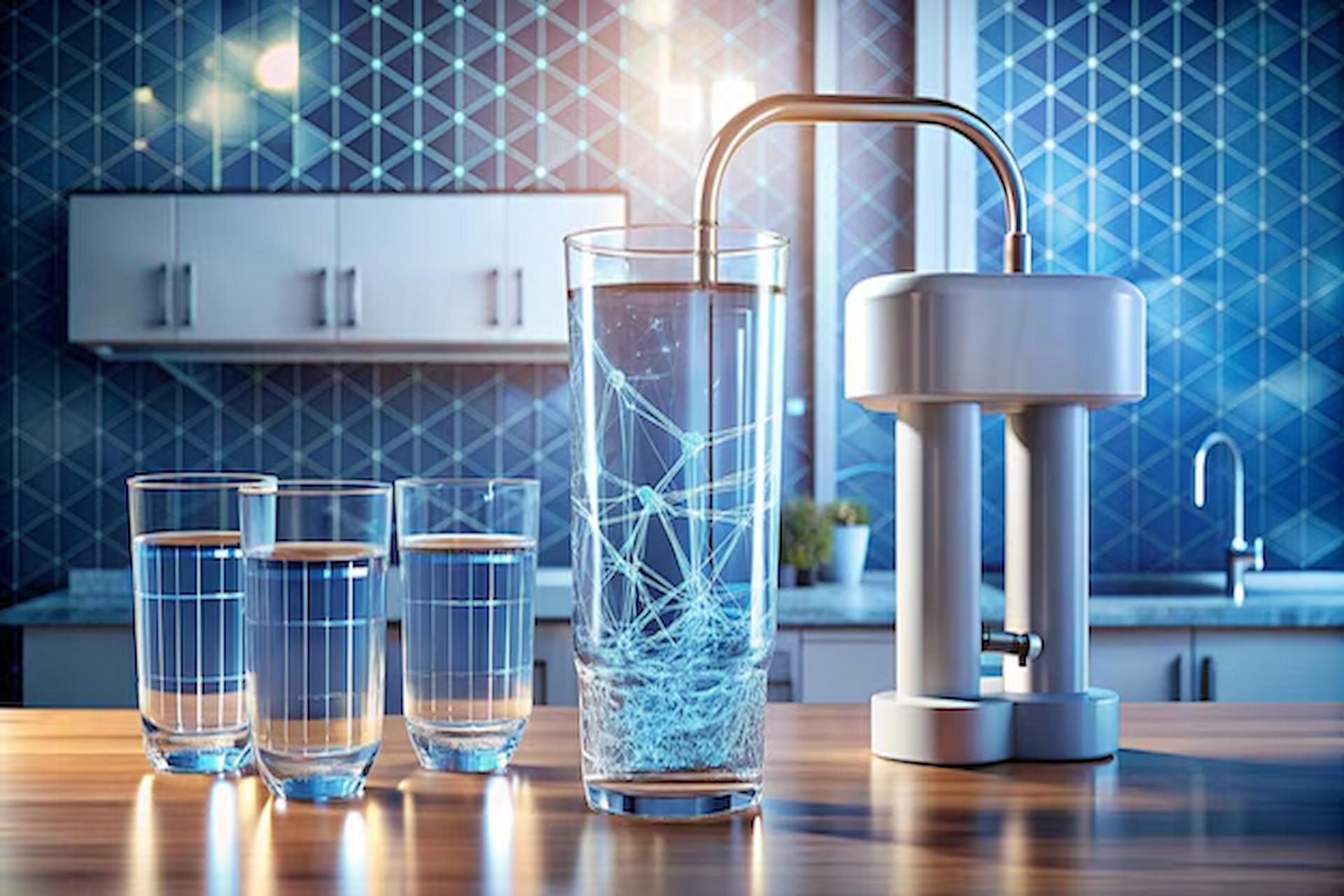Clean water is essential for health and home maintenance. Learn why whole house water filters are the best home water filtering system for a healthier lifestyle.
Clean water is the foundation of a healthy life. Your water should be free from harmful contaminants, whether for drinking, cooking, or bathing. Whole house water filters provide an all-encompassing solution to ensure every drop of water in your home is safe and clean. They are often considered the best home water filtering system due to their ability to purify water at entry, protecting every faucet in your home.
Why Choose a Whole House Water Filter?
Whole house water filters are designed to purify water as it enters your home. This means all the water flowing through your pipes—whether for your shower, washing machine, or kitchen sink—is filtered. Here’s why they’re a wise investment:
1. Comprehensive Water Filtration
Unlike smaller filters that purify water at specific points (like a kitchen tap), a whole house system filters all incoming water. This ensures safety and cleanliness for drinking, cooking, cleaning, and bathing.
2. Improved Health
Contaminants like chlorine, lead, and bacteria can cause serious health issues. A whole-house water filter removes these impurities, giving you and your family peace of mind.
3. Better Skin and Hair
Unfiltered water often contains chlorine and other chemicals that can dry your skin and hair. A whole house system ensures softer water, improving overall skin and hair health.
4. Extended Appliance Lifespan
Filtered water prevents sediment and scale buildup in your appliances, such as dishwashers and washing machines. This reduces wear and tear, saving you money in the long run.
Types of Whole House Water Filters
Several types of whole-house water filters are tailored to address specific water quality issues. Here’s a breakdown:
1. Activated Carbon Filters
- What They Do: Remove chlorine, bad odours, and unpleasant tastes.
- Best For: Urban homes with treated water supplies.
2. Sediment Filters
- What They Do: Eliminate dirt, rust, and larger particles.
- Best For: Areas with healthy water or older plumbing systems.
3. Reverse Osmosis Systems
- What They Do: Remove heavy metals, nitrates, and harmful chemicals.
- Best For: Homes with severely contaminated water.
4. UV Purifiers
- What They Do: Kill bacteria, viruses, and other microorganisms.
- Best For: Rural areas with untreated water sources.
5. Water Softeners
- What They Do: Reduce hardness caused by calcium and magnesium.
- Best For: Regions with complex water issues.
How to Choose the Best Home Water Filtering System
When selecting a whole-house water filter, consider these key factors:
1. Water Quality
Test your water to determine the types of contaminants present. This helps you choose a system designed to address your specific needs.
2. Flow Rate
Ensure the filter can handle your household’s water usage without slowing water flow. Larger families may need a system with a higher flow rate.
3. Maintenance Requirements
Choose a filter with easy-to-replace cartridges or low maintenance needs to ensure long-term efficiency.
4. Certification
Look for filters certified by NSF or WQA to ensure reliability and safety.
5. Budget
Whole house water filters come in various price ranges. Consider initial costs as well as long-term maintenance expenses.
Installation and Maintenance Tips
Proper installation and maintenance are crucial for the effectiveness of your water filter system. Here’s how to ensure your system works efficiently:
Installation Tips
- Hire a Professional: While some systems are DIY-friendly, professional installation ensures everything is set up correctly.
- Choose the Right Location: Install the filter near your main water line for maximum coverage.
- Consider Pre-Filters: A pre-filter can protect the central system if your water contains heavy sediment.
Maintenance Tips
- Replace Filters on Time: Follow the manufacturer’s recommendations for filter replacement.
- Check for Leaks: Inspect the system regularly to prevent water damage.
- Flush the System: Periodically flush the filter to maintain its efficiency.
Benefits of Whole House Water Filters
Installing a whole-house water filter offers numerous advantages beyond clean water:
- Enhanced Taste: Say goodbye to metallic or chemical tastes in your water.
- Allergy Relief: Filtered water reduces allergens like chlorine, improving indoor air quality during hot showers.
- Eco-Friendly: Reduce reliance on plastic bottles and contribute to a greener planet.
- Increased Home Value: A whole-house water filtration system is a valuable addition that appeals to potential buyers.
Frequently Asked Questions
1. Are whole-house water filters worth the investment?
They provide comprehensive water purification, protect appliances, and enhance your family’s health.
2. How often do I need to replace the filters?
This depends on the system type and water usage. Typically, filters need replacement every 6–12 months.
3. Can a whole house water filter remove hard water?
Not all filters can, but systems with water softeners are designed to handle challenging water issues.
Key Takeaways
- Whole house water filters ensure clean, safe water throughout your home.
- They are considered the best home water filtering system due to their comprehensive coverage and health benefits.
- Choose a system based on your water quality, household size, and budget.
- Proper installation and maintenance are essential for optimal performance.
Conclusion
Investing in a whole-house water filter is brilliant for anyone seeking a healthier home. From improving water quality to protecting your appliances, these systems provide long-term value and peace of mind. Take the first step towards better water today—your family and home deserve nothing less.

